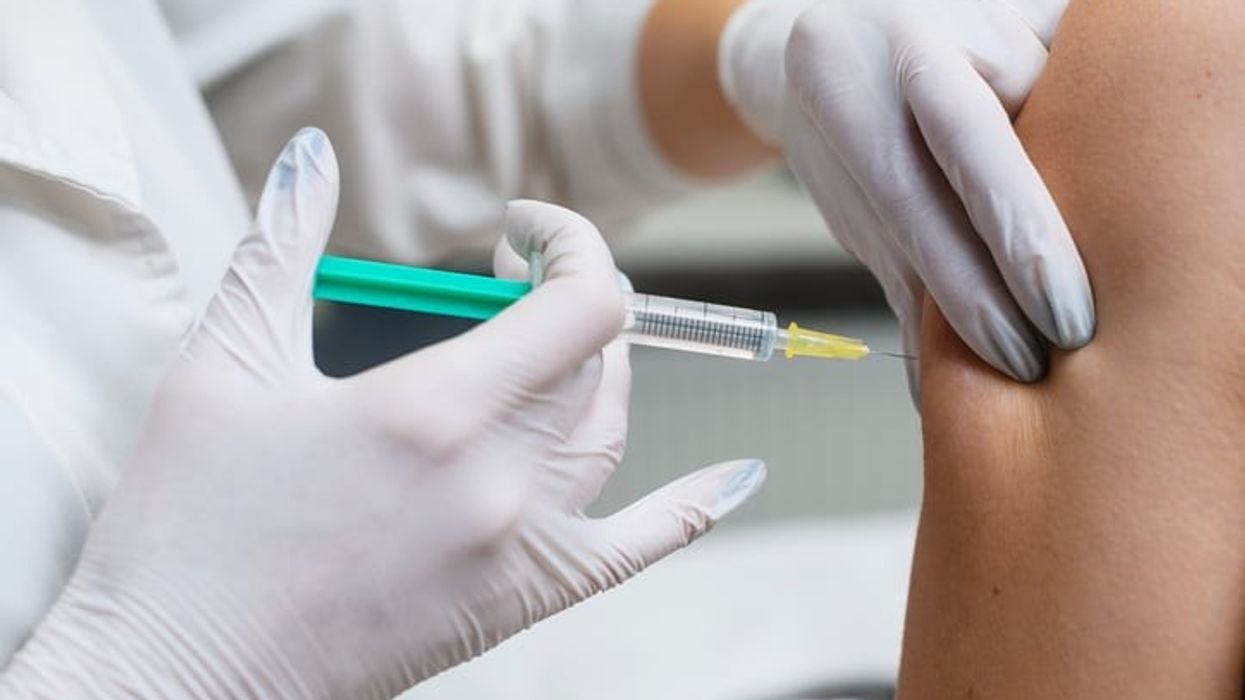CONTRACTING Covid-19 may accelerate the onset of visible symptoms of type 1 diabetes in children, an autoimmune condition, according to a study published in The Journal of the American Medical Association (JAMA).
Researchers found that children infected with the virus and in the early stages of type 1 diabetes without displaying symptoms, progressed more rapidly to a clinical onset of the autoimmune disorder.
Symptoms of type 1 diabetes can include unusual thirst and hunger, along with frequent urination, fatigue and blurred vision. Treatment typically involves insulin therapy, requiring regular injections through the day.
In an autoimmune disorder, the body's immune system attacks the healthy cells and organs, instead of protecting it against foreign disease-causing agents.
Previous studies have found elevated levels of islet autoantibodies in children infected with Covid-19. Produced when insulin-producing cells in the pancreas are damaged, these autoantibodies from one's blood samples can help in diagnosing type 1 diabetes.
In this study, the researchers, including those from the Institute of Diabetes Research, Helmholtz Munich, Germany, found that children who already had islet autoantibodies (early stages of type 1 diabetes) developed diagnosable symptoms of the condition at a faster rate after a Covid-19 infection, compared to those not infected.
From the start of the Covid-19 pandemic in 2020 until 2023, children participating in the Fr1da study (for type 1 diabetes) were tested for antibodies produced in response to Covid-19, along with islet autoantibodies.
The researchers thus had "valuable data" on the association between the SARS-CoV-2 virus and type 1 diabetes.
They showed that cases of type 1 diabetes diagnoses among children in early stages of the disease increased at a higher rate during the pandemic, compared to that pre-pandemic.
(PTI)

















 Crispello was originally launched by Cadbury in the UK in 2012B&M
Crispello was originally launched by Cadbury in the UK in 2012B&M 

